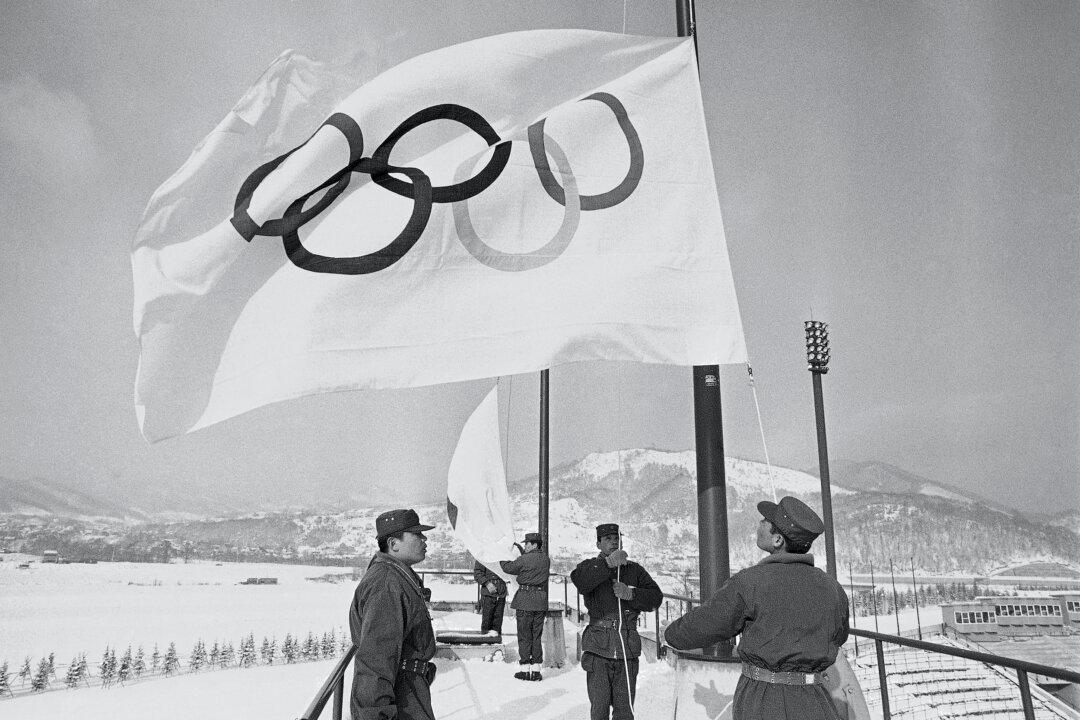TOKYO—The northern Japanese city of Sapporo is set to announce what it says will be a reduction in costs that will make it an attractive venue for the 2030 Winter Olympics.
City officials were expect to announce details on Monday.

TOKYO—The northern Japanese city of Sapporo is set to announce what it says will be a reduction in costs that will make it an attractive venue for the 2030 Winter Olympics.
City officials were expect to announce details on Monday.